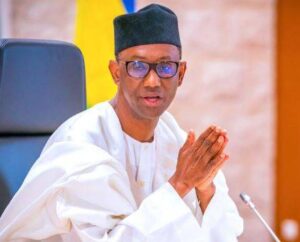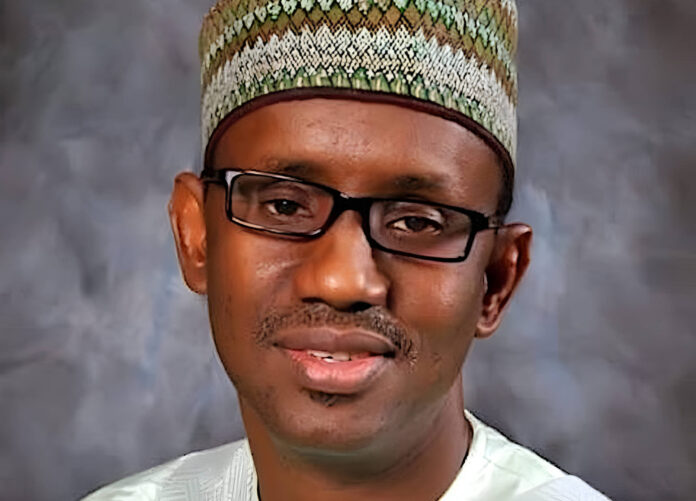Under the Nigerian law, defamation is a criminal offense punishable under the Criminal Code Act, Section 373. Defamation of character consists of any intentional false communication, either written or spoken, that harms a person’s reputation; decreases the respect, regard, or confidence in which a person is held; or induces disparaging, hostile, or disagreeable opinions or feelings against a person.

Mr. Nuhu Ribadu, the National Security Adviser, has threatened to file a lawsuit against Mr. Aminu Gwarzo, the Deputy Governor of Kano state, for defamation. Mr. Gwarzo allegedly claimed that Mr. Ribadu facilitated the return of a dethroned Emir using two private jets, an allegation that Mr. Ribadu denies
The threat of legal action hinged on the demand for a public apology and retraction from Mr. Gwarzo, which is consistent with the remedies for defamation under Nigerian law. If Mr. Gwarzo fails to provide evidence to substantiate his claim, he may be legally required to retract his statement and issue a public apology as demanded by Mr. Ribadu. Failure to do so may result in legal action, as threatened by Mr. Ribadu
If this matter proceeds to court and Mr. Ribadu is successful in his defamation suit, Mr. Gwarzo could face criminal penalties under Section 373 of the Criminal Code Act. In addition, the court may order Mr. Gwarzo to pay damages to Mr. Ribadu for harm to his reputation
This situation underscores the importance of responsible communication, especially by public officials, as unfounded allegations can lead to legal consequences under the law of defamation. The outcome of this case could have significant implications for both individuals and the broader political landscape in Kano state
This issue highlights the legal protections available to individuals against false and damaging statements in Nigeria, as provided by the law of defamation. It serves as a reminder of the potential legal consequences of making unfounded accusations and the importance of truthfulness in public discourse
This dispute is occurring within the complex political and traditional government of the Kano emirate, adding another dimension to the ongoing power struggles within the region. The resolution of this case could potentially influence the unfolding dynamics within this contex




